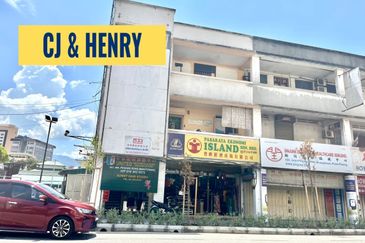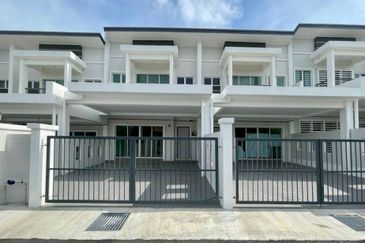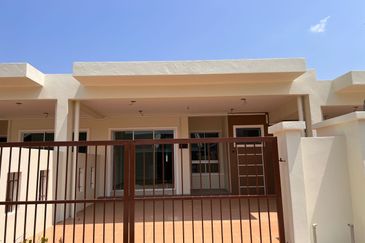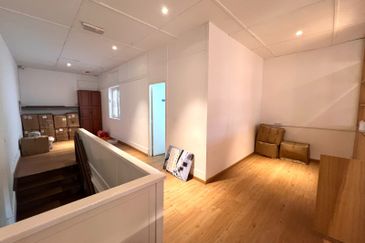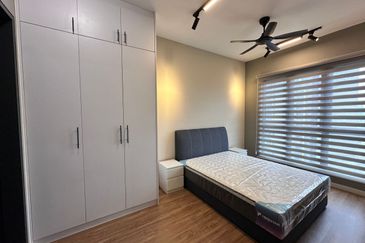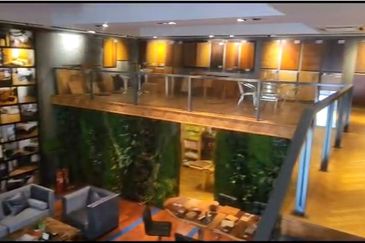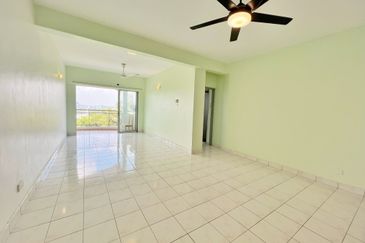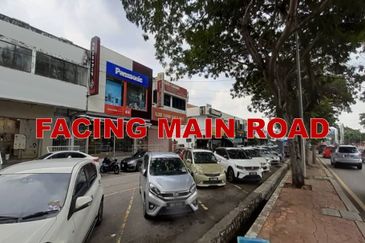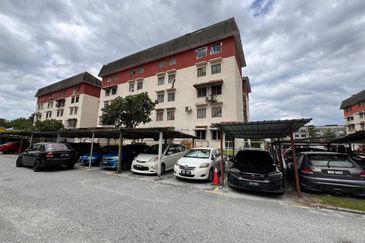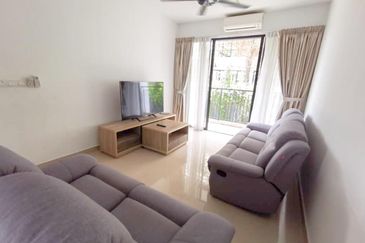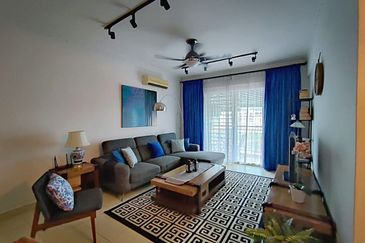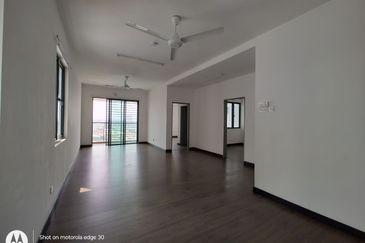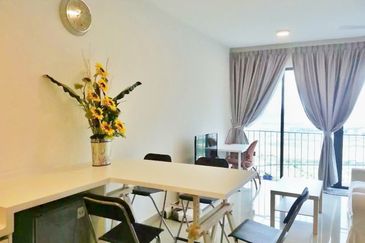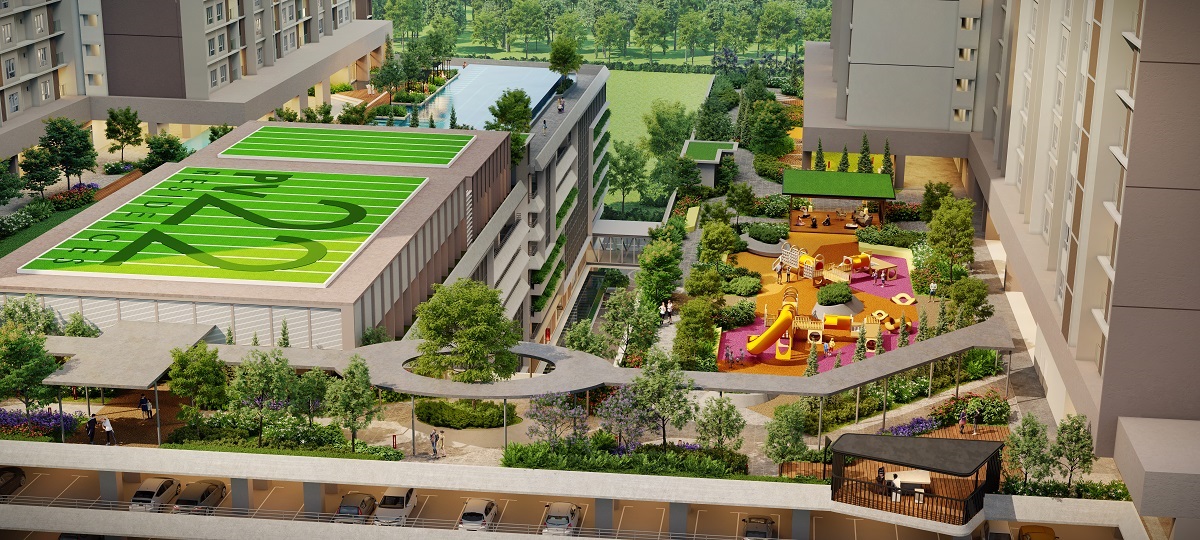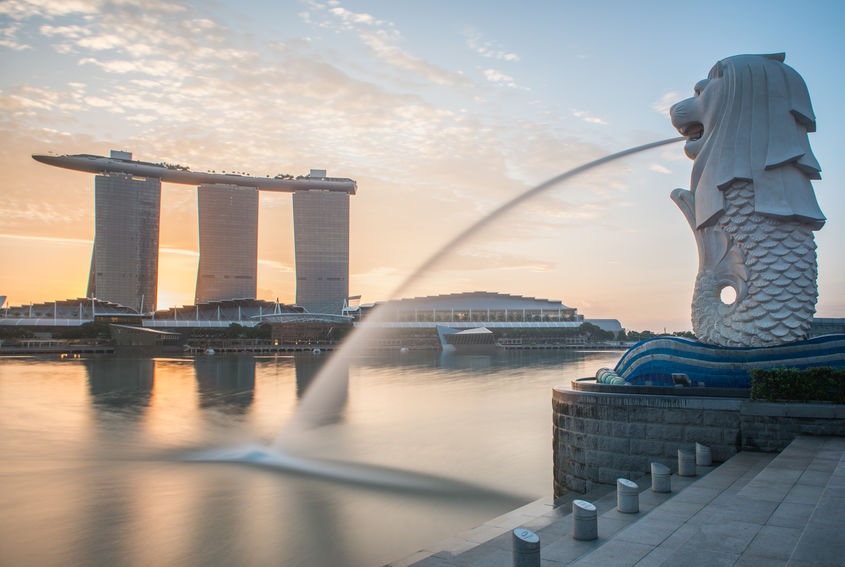
KUALA LUMPUR (April 11): Singapore, for months hailed at home and overseas as the “gold standard” for responding to the Covid-19 pandemic, on Friday moved to defuse escalating criticism over how it has handled a surge in infections within foreign worker dormitories that activists had earlier flagged as public health risks due to their cramped conditions, the South China Morning Post (SCMP) reported yesterday.
The report said Prime Minister Lee Hsien Loong’s government was also troubled by signs that a sizeable number of locals were not obeying tough “circuit breaker” measures – essentially a partial lockdown – that have been in place since Tuesday to contain a resurgence in community transmissions after initial successes in containing the outbreak.
SCMP citing a recorded video message by Lee on Facebook, said military medical and logistics staff had been deployed to the city state’s 43 foreign worker dormitories. The facilities house some 200,000 work-permit holders – many from South Asia – who are employed in the construction, marine and other low-wage sectors shunned by Singaporeans.
Lee said Teo Chee Hean – the senior minister in charge of security affairs and a long-time trusted confidante of the prime minister – had been instructed to oversee a new task force responsible for ensuring the migrant workers were cared for.
The multi-agency task force is helmed by the commander of the army’s Guards Unit – an elite rapid deployment formation.
“We are paying close attention to the welfare of foreign workers,” Lee said in the nearly 10-minute message. The task force would ensure that workers had food and water, and Wi-fi to keep in touch with families and friends, Lee said.
“We have worked with their employers to make sure they will be paid their salaries, and can remit money home. We will provide them with the medical care and treatment they need.”
Separately, he urged the country’s elderly citizens to abide by the lockdown measures. Officials have warned they may step up enforcement and penalties amid reports that residents – a majority of whom are seniors – continue to mingle and gather in public places.
“Our chances of dying are much higher, and if we get infected and spread the virus to our friends around our age, or bring the virus back home to our families, then we put them in grave danger,” the 68-year-old prime minister said, directly addressing “older Singaporeans”.
According to SCMP, Lee’s address to the nation – exactly a week after he announced the partial lockdown measures that began this week – came as local commentators became more vocal in criticising how migrant workers were being cared for.
When he spoke last week, the plaudits were still flowing in.
But since then the number of confirmed infections has risen to double that of Hong Kong, with the national tally on Friday standing at 2,108 – a nearly threefold increase over two weeks.
Many of the new cases are linked to clusters in the foreign worker dormitories.
Five dormitories are now on a total lockdown – residents are expected to spend most of their time in their rooms – while the residents of the remaining accommodation are barred from leaving the premises.
SCMP said those measures are more severe than the “circuit breaker” measures faced by the bulk of the city state’s residents, who are allowed to leave their homes to purchase food or exercise in isolation.
Exacerbating the pressure on the government were media reports and accounts by activists about the conditions in one of the dormitories put on total lockdown. The Straits Times reported on Monday, based on residents’ accounts, that urinals in toilets were overflowing and that the kitchen had a cockroach infestation.
A construction worker from the southern Indian state of Tamil Nadu currently living in that dormitory told This Week in Asia that conditions – including cleanliness in common areas and the quality of food served – had improved significantly in the days after the report.
“Most of us are now worried about two things: how long will this last because it’s very boring to be shut in for a long time, and what happens to our jobs when this ends?” he said in Tamil, requesting anonymity as he believed his employer – a mid-sized construction firm – would disapprove of his speaking to the media. He said he spent his time singing to himself and posting video messages to his followers on the social media app TikTok.
Another worker, 36-year-old Arun Singaram, a resident at the North Coast Lodge in the city state’s northern Woodlands district, said he had been using hand sanitisers and disinfectants regularly as the rising number of reports of migrant workers being sickened by Covid-19 worried him.
While he was confident of maintaining hygiene standards inside his 12-person room, he said he was concerned about venturing into the toilet and kitchen.
Officials have stressed that they have all hands on deck dealing with the fast evolving situation at the dormitories, and the Manpower Minister Josephine Teo on Monday issued a statement urging critics not to “demoralise” her staff.
That had little effect in containing criticism from some of the country’s independent political commentators – many of whom had earlier credited the government for its fastidious approach in dealing with the crisis.
In a commentary on Friday, the former newspaper editor P. N. Balji questioned if the uptick in infection could have been avoided had alarm bells rung when five workers were infected in February.
“How quickly fortunes can turn. It was only a few weeks ago that Singapore was smelling like roses with the country being praised, both here and abroad, for its efficient handling of the Covid-19 crisis,” wrote the one-time editor of the country’s Today newspaper. “Today, the same government is struggling to contain the quick spread of the virus as dormitories for migrant workers open up a new battlefront.”
Others wondered if a March 23 warning by local migrant workers’ rights group TWC2 had gone unheeded. The group, in a forum letter to The Straits Times, had urged the government to make public its contingency plans for mass infections in dormitories in advance.
It cited how the risk of new clusters among foreign workers was undeniable because “foreign workers are housed 12 to 20 men per room in double-decker beds [and they] are transported to work on the back of lorries sitting shoulder to shoulder”.
Sudhir Thomas Vadaketh, a local author, suggested in an op-ed piece that the risk had been overlooked because Singaporeans were preoccupied in self-praise over the government’s efforts to quarantine residents returning from abroad in posh hotels at the taxpayers’ expense.
“With many basking in Singaporean pride and glory, society’s gaze may have been diverted,” Sudhir wrote on the New Naratif website. “Little, if anything, has been done to address TWC2’s concerns over the past two weeks.
“What can Singapore do to ensure that nobody else falls through the cracks? First, cut back on the back-patting and self-praise, and instead approach our problems with more humility and self-awareness.”
According to SCMP, the welfare of Singapore’s low-wage migrant workers has long been a subject of controversy, although it only sporadically emerges as a subject of widespread national debate. The last time it happened was in 2013, following a riot triggered by the death of an Indian worker in a road accident.
Public anger over the last week has manifested in an outpouring of donations for the workers, with an effort helmed by local social media personality Preeti Nair raising over S$215,000 (US$151,000) within 48 hours. A online petition for the government to do more to secure the rights of the workers has meanwhile obtained some 18,000 signatures.
Of Singapore’s population of 5.7 million people, some 1.4 million people are non-residents.
The city state had 284,300 foreign construction workers and 255,800 foreign domestic helpers as of June 2019, according to official data.
Stay calm. Stay at home. Keep updated on the latest news at www.EdgeProp.my. #stayathome #flattenthecurve
Click here to see residential properties for sale in Kuala Lumpur.
TOP PICKS BY EDGEPROP
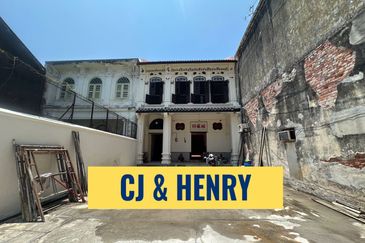
Georgetown UNESCO World Heritage Core Zone
Georgetown, Penang
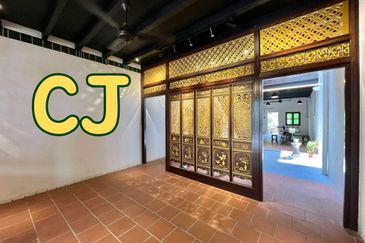
Georgetown UNESCO World Heritage Core Zone
Georgetown, Penang
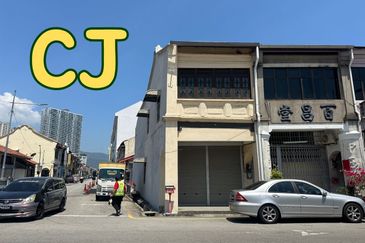
Georgetown UNESCO World Heritage Core Zone
Georgetown, Penang

One Cochrane Residences
Kampung Pandan, Kuala Lumpur
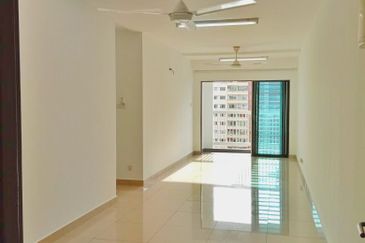
Alam Sanjung Serviced Apartment
Shah Alam, Selangor
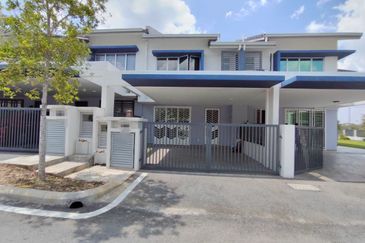
Laman Anggerik, Nilai Impian
Nilai, Negeri Sembilan
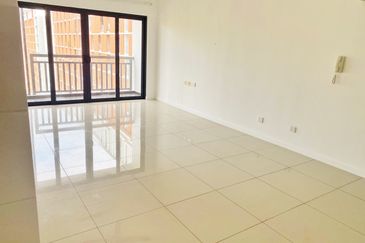
Suria Residence by Sunsuria
Bukit Jelutong, Selangor

